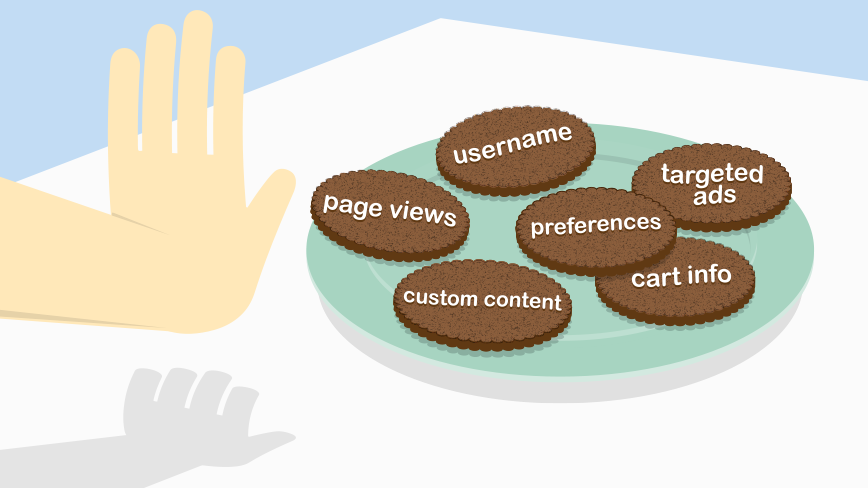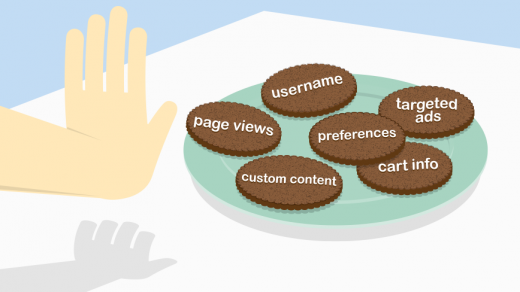The Cookieless Future Won’t Give Up On Data
The Cookieless Future Won’t Give Up On Data

Preparing for the end of browser cookies can become daunting for brands.
Firefox and Safari browsers already block third-party cookies. Google Chrome will do the same by 2022. Despite the challenges of navigating through COVID-19 pandemic and a time of social unrest, a few companies — Clickagy, LiveRamp, and Infutor — have been working to alleviate the pain of helping marketers make the transition to a cookieless world.
Many marketers “are scared to death, but a lot won’t admit it,” said Harry Maugans, CEO at Clickagy, which provides a cookieless alternative to LiveRamp IdentityLink. “Say Casper is looking for new consumers to buy a mattress. When you want to prospect new customers, how do you find them? You can’t just put a banner ad on nytimes.com, because it’s too broad.”
Performance becomes part of the strategy.
Maugans said the alternative to supporting this multibillion-dollar industry built on cookies isn’t to give up on data. As cookies go away, there are really only two primary alternatives to the cookie output and privacy clusters, which is authenticated traffic or someone signing up for an account to provide their data.
Maugans says Clickagy, which provides a cookieless alternative to LiveRamp IdentityLink, can operate with “immunity to legislation and privacy laws,” because the company doesn’t target individuals.
The technology creates privacy clusters, a layer of data to identify the targeted audience. Every 12 hours, the technology re-computes every one mile to create clusters in what Maugans calls a “geoblock.”
Another option points to Infutor, which focuses on consumer identity management. On Tuesday Infutor introduced CRM FreshLink to help marketers maintain, correct, enhance, and link their first-party CRM data. It leverages TrueSource Identity Graph of more than 260 million consumers and 97.5 million daily updates, so CRM FreshLink can help to cleanse, link and score CRM data, including emails and telephone numbers. The platform automatically checks for valid information, running hundreds of thousands to millions of records daily.
“So many consumers are shopping differently in the past three months,” said Michelle Tilton, VP of marketing at Infutor. “Given the ability for the brands to interact with consumers in any channel becomes more powerful. It will help them gear up for whatever the new normal looks like.”
Tilton said having the ability to add four email addresses for one consumer increases the probability of a match when targeting a campaign.
An estimated 30% of CRM record data becomes inaccurate during a one-year time span based on customers moving their physical address, adding an email address or changing their phone number.
Preparing to eliminate cookies can become a challenge. Some 42% of more than 200 marketers attending a recent Infutor webinar hosted by eMarketer said they have not started moving away from using third-party cookies, which Google plans to phase out support for in its Chrome browser by 2022.
Tilton said 46% of attendees have begun to move away from cookies, but it’s not clear whether that means they are thinking it through or have implemented a plan. Only 11% said they changed their strategy. Not all attendees were Infutor customers.
For a global wine and spirits company, Infutor’s CRM FreshLink helped correct, link and consolidate customer records with attributes, leading to a 158% improvement in customer attributed phone numbers and a nearly 60% increase in available customer emails driving higher contact-ability and improved customer experiences.
(35)


